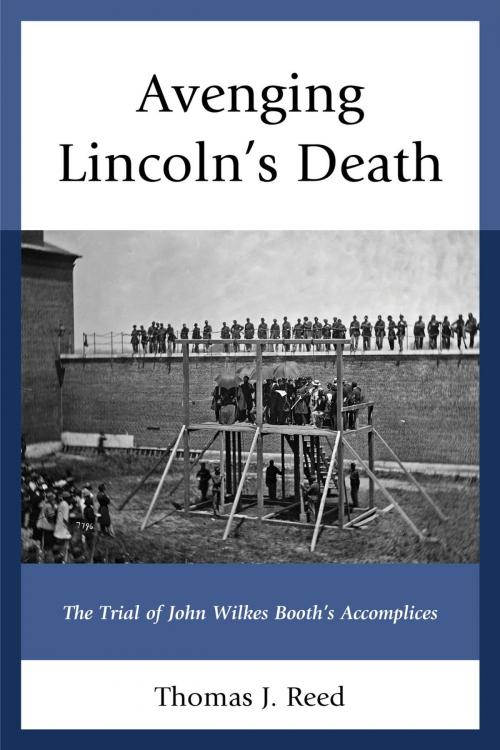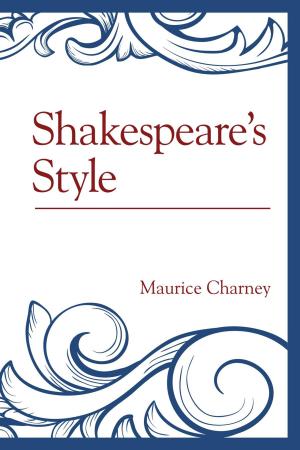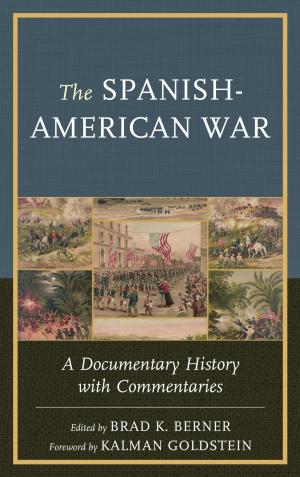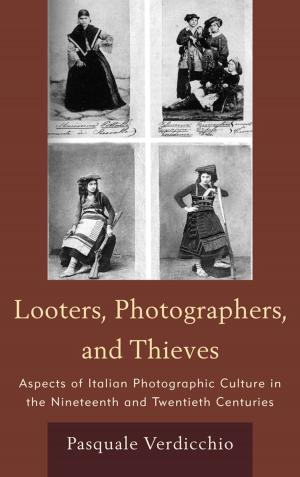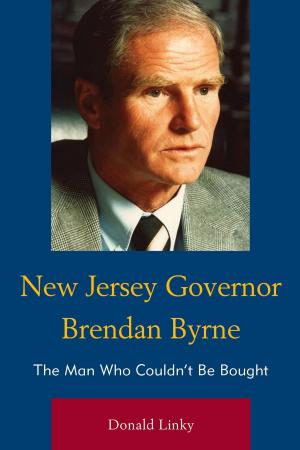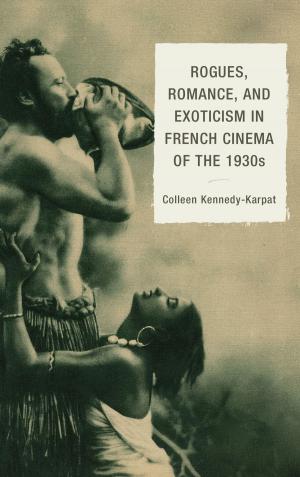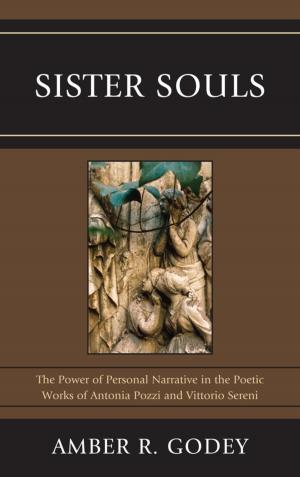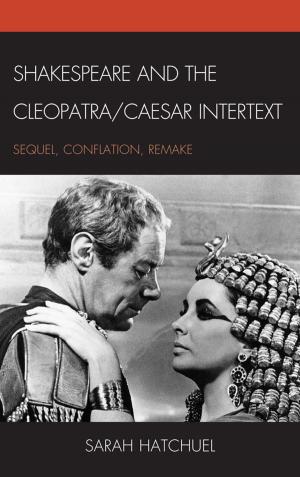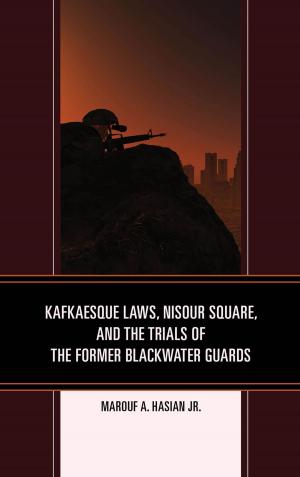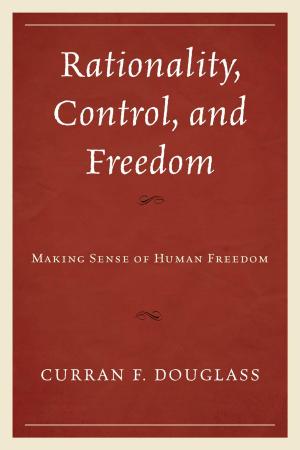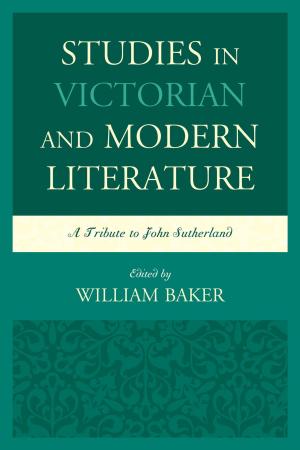Avenging Lincoln’s Death
The Trial of John Wilkes Booth’s Accomplices
Nonfiction, Reference & Language, Law, Legal History, History, Americas, United States, Civil War Period (1850-1877), Military| Author: | Thomas J. Reed | ISBN: | 9781611478280 |
| Publisher: | Fairleigh Dickinson University Press | Publication: | November 12, 2015 |
| Imprint: | Fairleigh Dickinson University Press | Language: | English |
| Author: | Thomas J. Reed |
| ISBN: | 9781611478280 |
| Publisher: | Fairleigh Dickinson University Press |
| Publication: | November 12, 2015 |
| Imprint: | Fairleigh Dickinson University Press |
| Language: | English |
Avenging Lincoln’s Death: The Trial of John Wilkes Booth’s Accomplices is an examination of the 1865 military commission trial of eight alleged accomplices of John Wilkes Booth, the assassin who murdered President Abraham Lincoln. The book analyzes the trial transcript and other relevant evidence relating to the guilt of Booth’s alleged accomplices, as well as a careful application of basic constitutional law principles to the jurisdiction of the military commission and the fundamental fairness of the trial. The author found that the military commission trial was unconstitutional and unfair because Congress never authorized trial by military commission for these eight civilians. President Johnson exceeded the scope of his authority as commander in chief by ordering the accomplices to be tried by military commission. He failed to follow the Habeas Corpus Act of 1863 that required him to turn over the alleged accomplices to civilian authorities for prosecution. The accomplices were convicted on perjured testimony and the Government was allowed to drag in unrelated evidence of Confederate atrocities to poison the minds of the panel of officers.
Avenging Lincoln’s Death: The Trial of John Wilkes Booth’s Accomplices is an examination of the 1865 military commission trial of eight alleged accomplices of John Wilkes Booth, the assassin who murdered President Abraham Lincoln. The book analyzes the trial transcript and other relevant evidence relating to the guilt of Booth’s alleged accomplices, as well as a careful application of basic constitutional law principles to the jurisdiction of the military commission and the fundamental fairness of the trial. The author found that the military commission trial was unconstitutional and unfair because Congress never authorized trial by military commission for these eight civilians. President Johnson exceeded the scope of his authority as commander in chief by ordering the accomplices to be tried by military commission. He failed to follow the Habeas Corpus Act of 1863 that required him to turn over the alleged accomplices to civilian authorities for prosecution. The accomplices were convicted on perjured testimony and the Government was allowed to drag in unrelated evidence of Confederate atrocities to poison the minds of the panel of officers.
